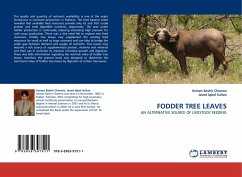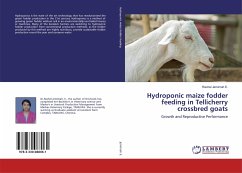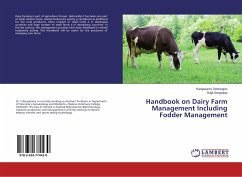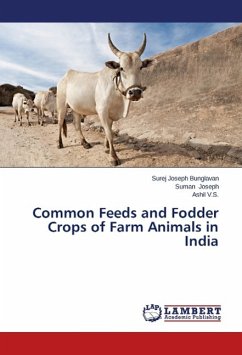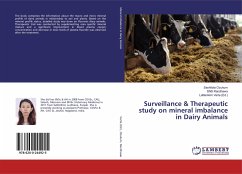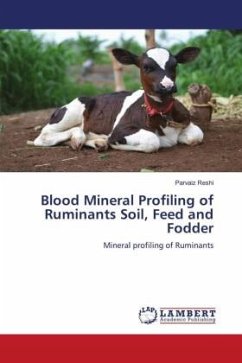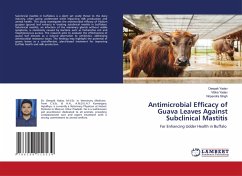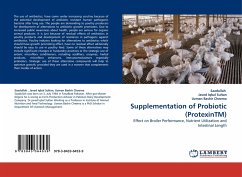The quality and quantity of nutrients availability is one of the major hindrances in ruminant production in Pakistan. The feed balance sheet revealed that available feed resources provide only 62 and 76% crude protein and total digestible nutrients, respectively. The area under fodder production is continually reducing indicating high pressure for cash crops production. There was a dire need felt to explore new feed resources. Fodder tree leaves may supplement the existing feed resources for small as well as large ruminant and can help to bridge the wider gap between demand and supply of nutrients. Tree leaves may become a rich source of supplementary protein, vitamins and minerals and their use in ruminant to enhance microbial growth and digestion. There was little information regarding the nutritive value of fodder tree leaves, therefore the present book was designed to determine the nutritional value of fodder tree leaves by digestion of certain tree leaves.
Bitte wählen Sie Ihr Anliegen aus.
Rechnungen
Retourenschein anfordern
Bestellstatus
Storno

